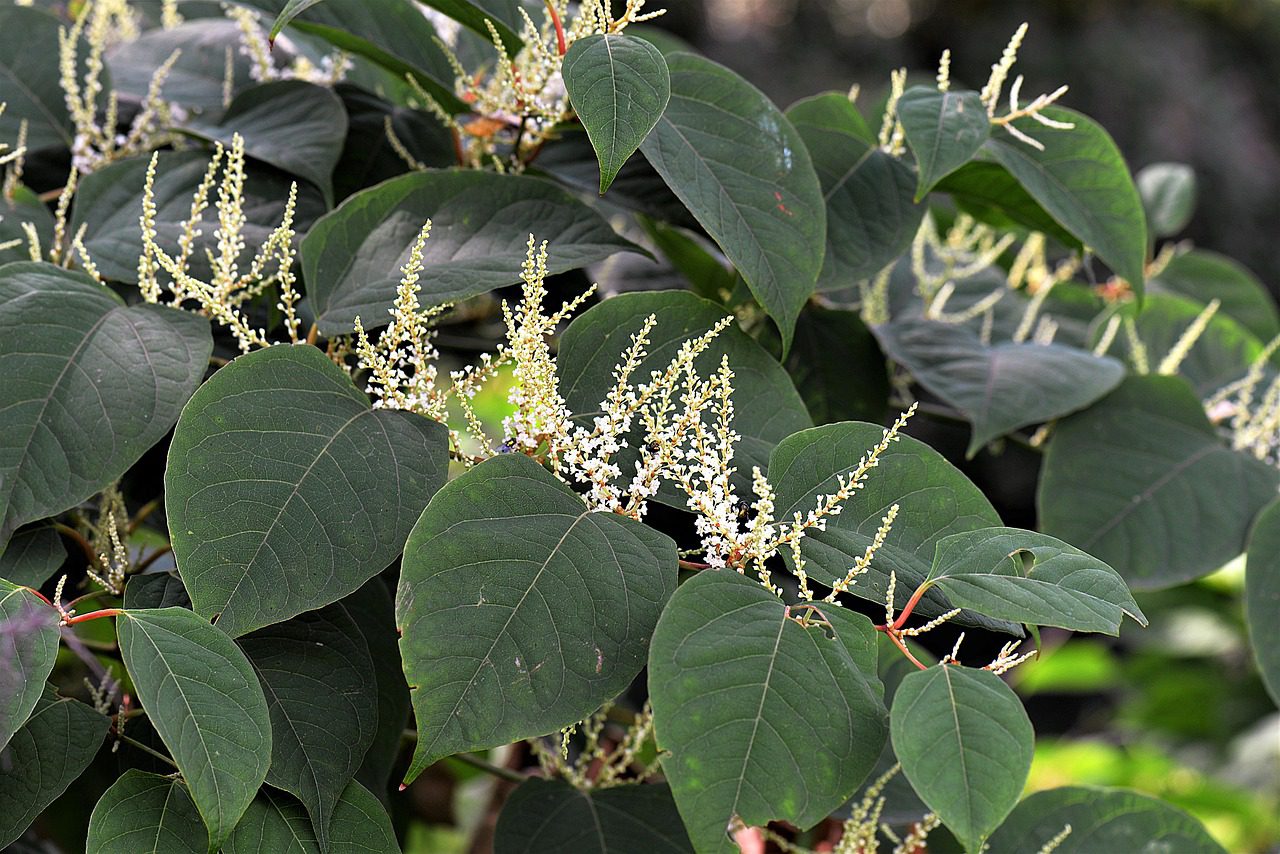This month, two Welsh homeowners won a landmark court appeal case against Network Rail, who failed to stop Japanese knotweed invading their properties’ gardens.
Stephen Williams and Robin Waistell, who own two adjoining bungalows in Maesteg, South Wales, were awarded £15,000 each in damages.
The Court of Appeal’s ruling said: “It is fair to describe Japanese knotweed as a natural hazard which affects land owners’ ability fully to use and enjoy their property and, in doing so, interferes with the land’s amenity value. However, homeowners will not be entitled to seek damages on the grounds that the knotweed had reduced the value of their properties.”
The problem with knotweed…
This new court ruling coincides with the results of a research survey by a company specialising in removing Japanese knotweed called Environet. Only 19% of people surveyed were actually able to recognise the plant, meaning that as a nation of homeowners we are potentially leaving other properties exposed to risk.
When people were asked to correctly identify Japanese knotweed from five photographs, 6% thought it was common ivy, 5% identified it as Russian vine, 8% thought it was houttuynia and 14% mistook it for bindweed.
Nic Seal, managing director of Environet, said: “Most people have heard of Japanese knotweed but the fact that only 19% of people in the UK can identify it from other common plants such as bindweed and ivy is very concerning. If left untreated, Japanese knotweed will grow rapidly, by up to 10cm a day during the summer months, pushing up through cracks in concrete, cavity walls and drains causing damage to property.
“The longer it is left, the further its underground root system will spread and the more costly it will be to tackle.”
Landlords urged to check rental properties
The Environment Agency refers to Japanese knotweed as “the most destructive, aggressive and invasive plant in the country”. Yet, the fact that 81% of people were unable to correctly recognise the plant suggests that we are exposing our properties to risk from Japanese knotweed growing unchecked.
Currently, about 2% of properties in the UK are blighted by the weed, and the Residential Landlords Association (RLA) has warned landlords to keep a look out for the plant as they cannot rely on tenants being able to identify it.
Nic Seal added: “It’s not just about protecting one’s property from damage and decreased value, it is also about protecting oneself from the risk of being sued if the knotweed is allowed to spread. The good news is that Japanese knotweed can be treated, either over two to three years using herbicide methods or by excavating immediately from the ground.”
Owning a home with knotweed
Should Japanese knotweed be found at a property, the majority of high street lenders will still be willing to lend against a property, provided an insurance backed guarantee is obtained for the work, so a property can still be bought and sold.
When selling a property, it is illegal not to declare it on the TA6 Law Society form. Environet believes it is likely that there could be in the region of 1,000 cases where sellers fail to declare or conceal the evidence of Japanese knotweed.
Philip Santo, director at chartered surveyors Philip Santo & Co, said: “Professional treatment is the most effective way to manage and control Japanese knotweed. DIY treatments can make matters worse and the financial consequences of concealing or not declaring the presence of Japanese knotweed during a sale can easily run into tens of thousands of pounds, so it is just not worth taking the risk.”









